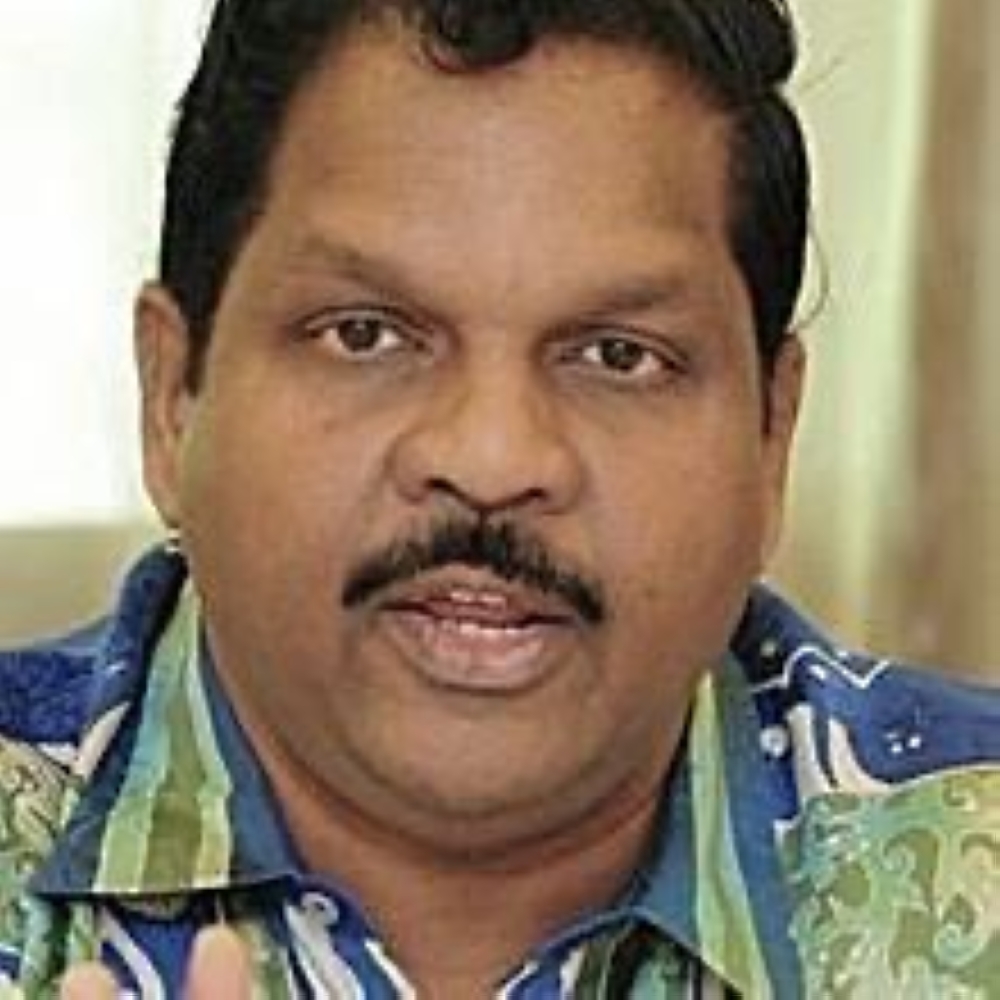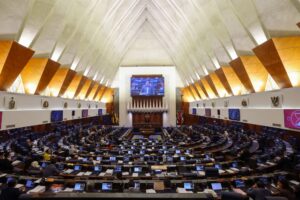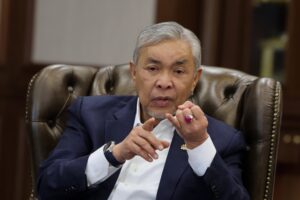KUALA LUMPUR, Oct 11 — As Malaysia continues to invest heavily in the education sector, educators say there is an urgent need to shift focus from infrastructure spending to empowering teachers who drive the system.
Professor Wan Chang Da from the School of Education, Faculty of Social Sciences and Leisure Management at Taylor’s University said there has not been enough emphasis on teacher training and initiatives to improve the overall learning process.
He noted that most of next year’s education budget remains directed towards emoluments, operations and infrastructure.
“There is a need to invest in training and diversifying professional development for teachers to enable differentiated teaching in classrooms.
“This would also include enhanced intervention programmes,” he said when contacted by Malay Mail today.
Wan said the allocation of RM115 million for teacher training, particularly in preparation for the 2027 curriculum and Science, Technology, Engineering and Mathematics (STEM) pedagogy, was a welcome initiative.
“However, the overall direction in education is still about building hardware rather than software or upgrading existing infrastructure.
“While it is heartening that the 2027 curriculum is recognised, will the RM115 million be sufficient to prepare and train all teachers in the country?” he asked.
Current challenges
Johor English Language Teaching Association (JELTA) president Vincent D’Silva agreed with Wan and said teachers need external exposure and specialised training to keep up with the current digital and Artificial Intelligence (AI) wave.
He said many private organisations and independent companies offer specialised training for teachers.
“However, teachers under the Education Ministry have to adhere to many requirements and are not allowed to engage with outside parties that are not endorsed by the ministry.
“This poses a major problem as students are picking up on AI technology such as ChatGPT at a very fast pace, and we need quality teachers to overcome these challenges,” he said.
D’Silva also welcomed next year’s budget allocation for teacher training but questioned whether the amount would be sufficient to cover all qualified teachers nationwide.

Johor English Language Teaching Association (Jelta) president Vincent D’Silva said teachers need external exposure and specialised training to face the current digital and Artificial Intelligence (AI) wave. Oct 11, 2025 — Picture courtesy of Vincent D’Silva
Teachers face increasing demands
Media consultant Ahmad Asri Khalbi said more must be done to support teachers, who currently face growing demands — from adapting to new syllabi and digital tools to managing administrative work and student well-being.
As a part-time lecturer, he said many teachers feel they lack the support, autonomy and resources to innovate in the classroom.
“A greater portion of the education budget should be channelled towards continuous professional development, mental health support, fair career progression and recognition of excellence among teachers.
“At the same time, Malaysia should explore strategic partnerships between schools and the private sector to create a more symbiotic ecosystem,” he said.

Media consultant and parent Ahmad Asri Khalbi said many teachers feel they lack the support, autonomy and resources to innovate in the classroom. — Picture courtesy of Ahmad Asri Khalbi
Ahmad Asri, who is a also a parent, suggested that teachers should be empowered and given the authority to collaborate with industry players, non-governmental organisations (NGOs) and universities to enhance learning experiences and expose students to real-world skills.
He said such collaborations can help bridge the gap between classroom learning and workplace relevance, which is crucial in preparing students for the future economy.
“Ultimately, investing in teachers is investing in the nation’s long-term intellectual capital. When teachers thrive, schools excel — and when schools excel, the nation progresses,” he said.





